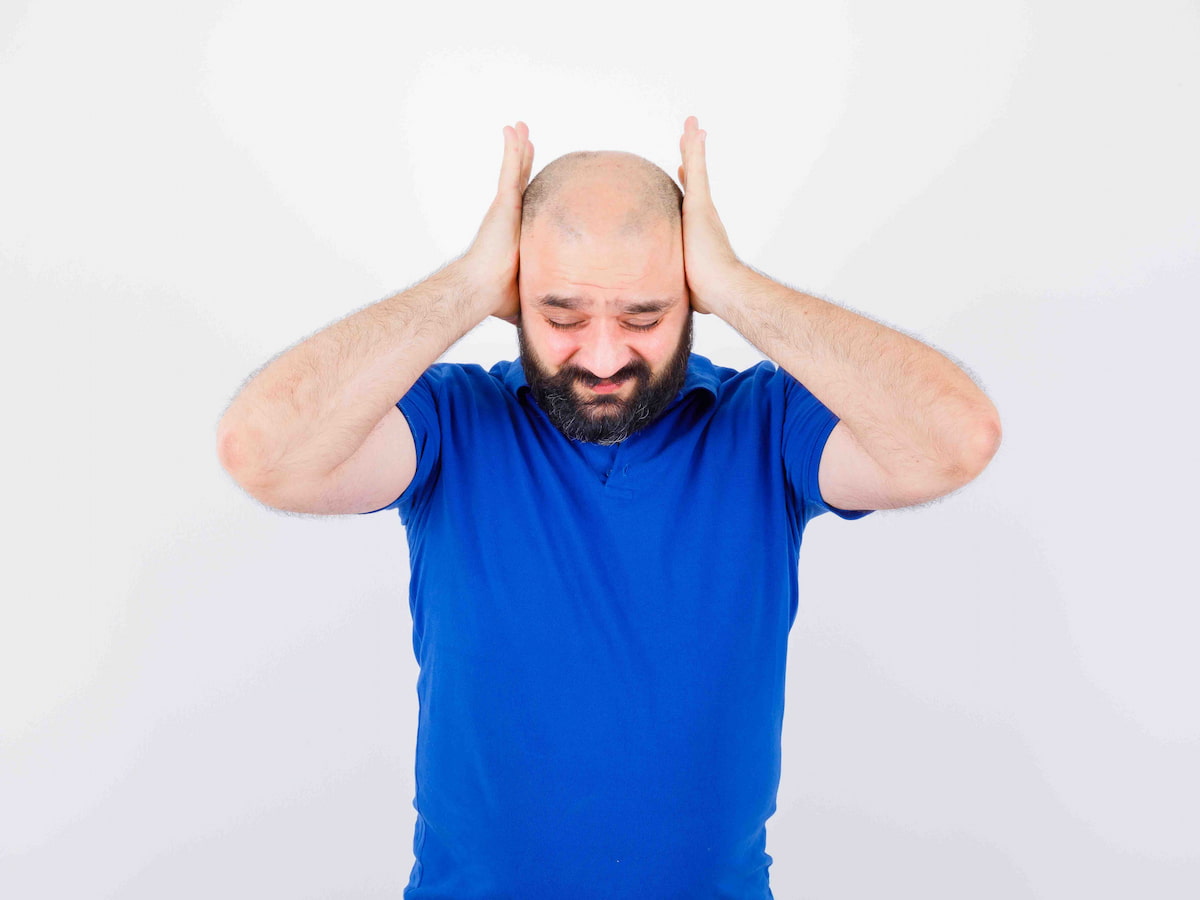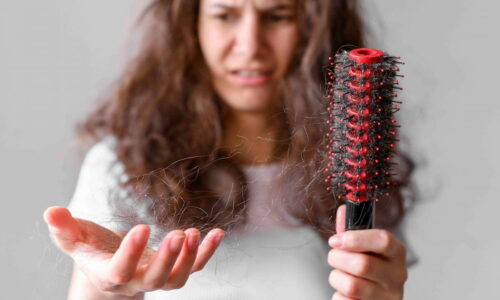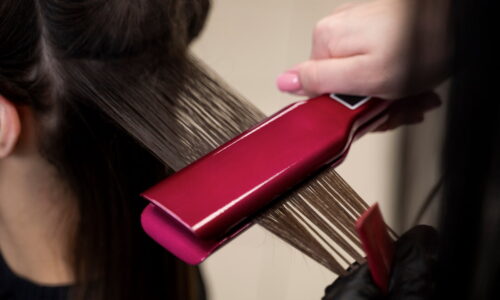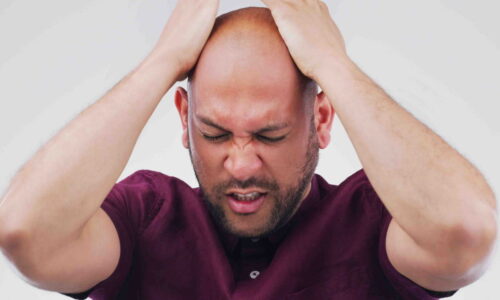Side Effects of Hair Transplant: Is it Painful?
Perception is often harder than reality. Whenever we think about clinics and medical procedures it is quite natural that we already assume all these are painful unconsciously. But luckily, hair translation, by the wide range of clients, had declared it as just a little discomforting but not painful.
Losing hair is not just aging but it costs people losing their self esteem particularly for professionals. Advanced techniques have made hair transplants painful and side effects are less common and easier to manage. Thanks to modern techniques and procedures they are now helping clients to get back their healthy hair and self-esteem. Having a key procedural knowledge can transform your painful hair transplant phobias to a journey towards confidence. Let’s explore it.
Understanding the Procedures
FUT (Follicular Unit Transplantation), FUE (Follicular Unit Extraction) and DHI (Direct Hair Implantation) are techniques for hair transplantation worldwide. FUE and DHI are usually considered as less painful hair transplant procedures because of its modern, minimal invasive nature. This includes removing individual follicles from the donor area with the help of sharp and precise tools providing less sensation or discomfort and these follicles to bald or thin areas.
On the other hand, the FUT involves removing a strip of skull skin and grafting in the hair follicles, considered a more uncomfortable hair transplant technique than FUE. Due to discussed factors FUE comes with a higher price tag but you should consult the hair transplant specialist before finalising the procedure.
Pain After DHI
This procedure is considered painless, thanks to the use of local anaesthesia and modern equipment. Anyhow, patients sometimes feel a mild soreness and stiffness in the scalp for just a few hours but should.
Pain After FUE
Considered as a less painful process, anyhow a little pain or discomfort is inevitable. Therefore, just like FUT, a medication kit including pain killer drugs like paracetamol and ibuprofen as well as medicated shampoo, salt water spray and antibiotic course with guidelines would be provided to you. You can take paracetamol or ibuprofen in the recommended dose by your doctor whenever you feel pain or discomfort.
Pain After FUT
While some discomfort is expected, most patients do not find hair transplants painful overall. Anyhow, simply paracetamol and Ibuprofen in the recommended dose overcome this situation and when there is no pain, there shall be no need to use it further.
Well reputated clinics usually provide recovery kits and usage guidelines for these supplements like medicated shampoo or salt water spray within the package to avoid the arranged by patients because it is recommended to patients to avoid unnecessary exposure.
Pain Management During A Hair Transplant
During procedures, various techniques are applied to help the client to go through the process with minimal hair transplant pain. Let’s have a look below.
Local Anaesthesia Injections
With the help of a very fine needle, surgeons numb your scalp with small injections that reduces the pain during the procedures. Furthermore, TENS, a device is also applied which distracts the brain to receive or respond to uncomfortable signals which ultimately changes the experience of painful hair transplant to just a procedure. Local anaesthesia helps ensure that hair transplants painful experiences are minimized.
Giving Pain Relieving Medications
In addition to the sedatives and anesthetic injections, Surgeons also apply locally or orally some medications particularly painkillers that will significantly ease the experience of painful hair transplant.
Non Medicated Techniques
During the operations, staff use various non medicated approaches that help the brain to cope with the stress of operations. Sedative and relaxing tablets, your favorite music or even temperature control can change the stressful environment during the hair transplant operation.
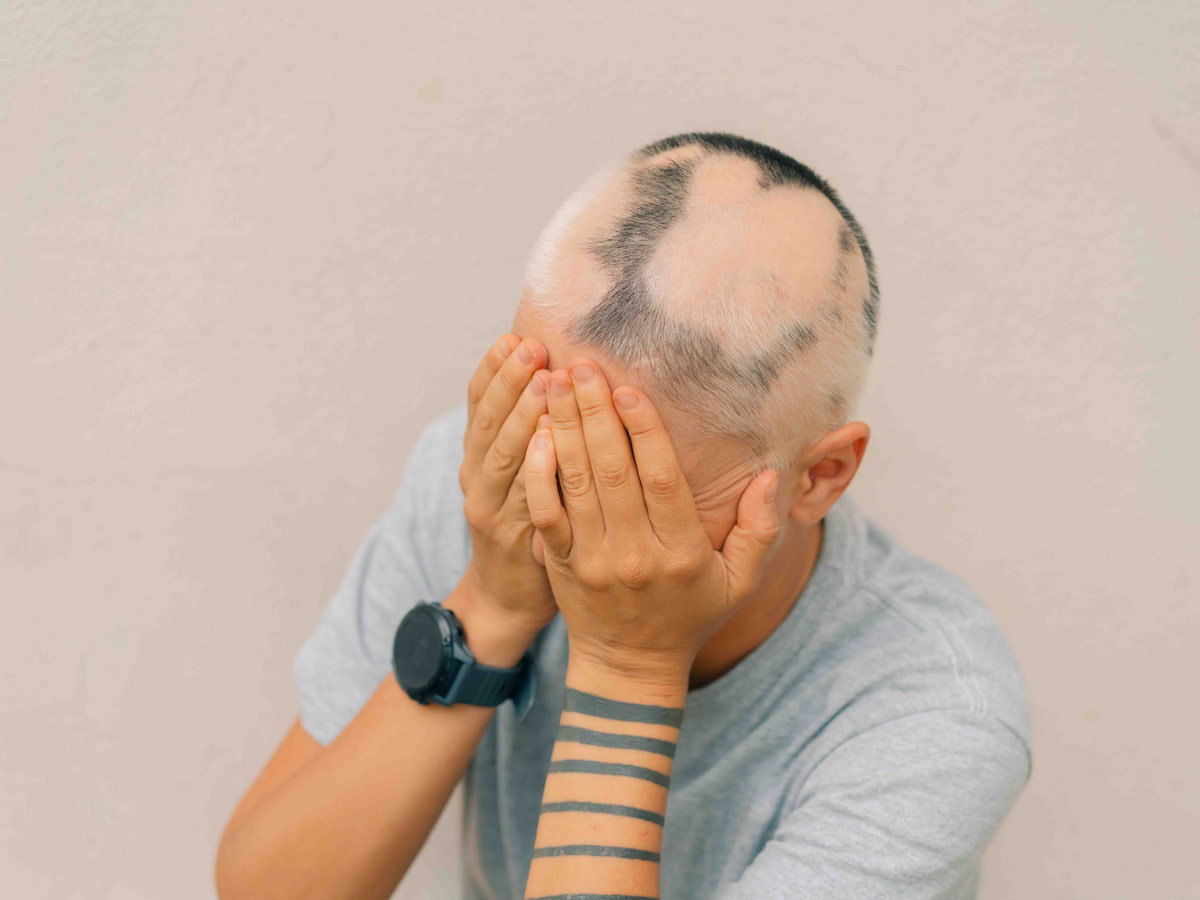
Pain Management After A Hair Transplant
After hair transplant, evening of or day after the transplant, some pain and a few side effects on your donor and transplant area can be expected but following your surgeon’s advice and adopting precautionary measures this phase can be passed without any discomfort or complications. This pain can be relieved easily by some pain killers like paracetamol or ibuprofen but if you need something stronger it is recommended to consult your clinic before.
Infections After Hair Transplants
The pits from follicles have been just removed or sharp needle strike on the scalp of the bald area can provide exposure to bacterial invasion and it is one of the most important concerns by your doctor to avoid it. This bacterial growth or simply an infection, can deteriorate the whole procedure and can create serious complications making your hair transplants painful.
Treatment:
Most surgeons advise the patients strictly to fulfil the at least 5 days course of antibiotic drugs. This should not be ignored by the patients, otherwise, concerning complications and a painful hair transplant will be inevitable.
Swelling after hair transplant
Odema, also known as swelling, is normal for 2 to 6 days after transplant due to the natural phenomenon of inflammation, which is a response of our body to any sudden change. Your newly grafted hair may get inflamed and your skin can get swollen down to your face even your eyelids can get affected and look semi closed.
Treatment:
Surgeons can recommend some steroids here anti-inflammatory drugs i.e dexamethasone to overcome any discomfort after hair transplant.
Bleeding after hair transplant
Small bleeding can occur on the day of hair transplants particularly from the donor area where follicles just have been extracted out. At the transplanted area, less noticeable bleeding also occurs there but should not be on the next day, if still happens, your clinic may remove these follicles from grafts and new follicles can be transplanted again.
Treatment:
If you find any bleeding even on the next day, you should not be worried. Just take a clean cotton bud and put a little pressure, not too much otherwise your grafted follicles may get dislodged. If bleeding persists, inform your clinic.
Itching After a Hair Transplant
Should be taken as an ordinary side effect as a way of natural mechanism of self healing just like inflammation after 1-2 days of transplant and may remain for 4-5 days. However, you’re advised to avoid rubbing because the just transplanted follicles can dislodge and your experience of hair transplant can become painful.
Itching also can be due to dry scalp but in both ways avoid rubbing, this side effect goes away by itself in 4-5 days. Pain tolerance varies, but most do not consider hair transplants painful in a serious way.
Treatment:
- Do not scratch the itch.
- Recommended Saltwater spray.
- An antihistamine recommended by your surgeon.
- Wash your scalp with medicated shampoo gently.
- Steroid scalp solution.
Some Clinics include these supplements into your package, but please read package plans by clinic.
Does A Hair Transplant Hurt?
As described earlier, by selecting a well reputed clinic, experienced surgeon, selecting a most suitable technique for your hair transplant and managing aftercare as recommended by your clinic, then hair transplant does not hurt but most precisely we can say just a little discomfort bearable by all patients.
Many people wonder, “Are hair transplants painful?” before deciding on the procedure. Modern clinics have hi-tech devices which have minimised the invasive nature of incisions with help of a specialised, small and circular tool called a micro-punch and ultimately bringing a painless experience for patients.
How painful are hair transplant injections?
The injections cause some pain, but to a large extent the pain is mild and short-lived. Most patients in most cases describe the feeling as a quick sting or pinch just like that from a normal injection. When numbness sets in, the actual hair transplant does not normally bear pain. Any soreness that may come afterward can be taken care of by over-the-counter pain relievers. In general terms, it is for most people minimal and short-lived while some patients describe the numbing injections as the only part of hair transplants painful enough to notice.
Do people regret hair transplants?
According to many surveys a high proportion of patients have reported to one question “Are hair transplants painful?”. There were significantly less or no pain after the respondent’s hair transplants particularly who have operated through FUE technique. 98% of patients have commented as “a right decision of hair transplant for achieving the regaining of self confidence”. Majority responded as they just needed only a single transplant operation. Approximately none of the patients have responded regretting the hair transplants.
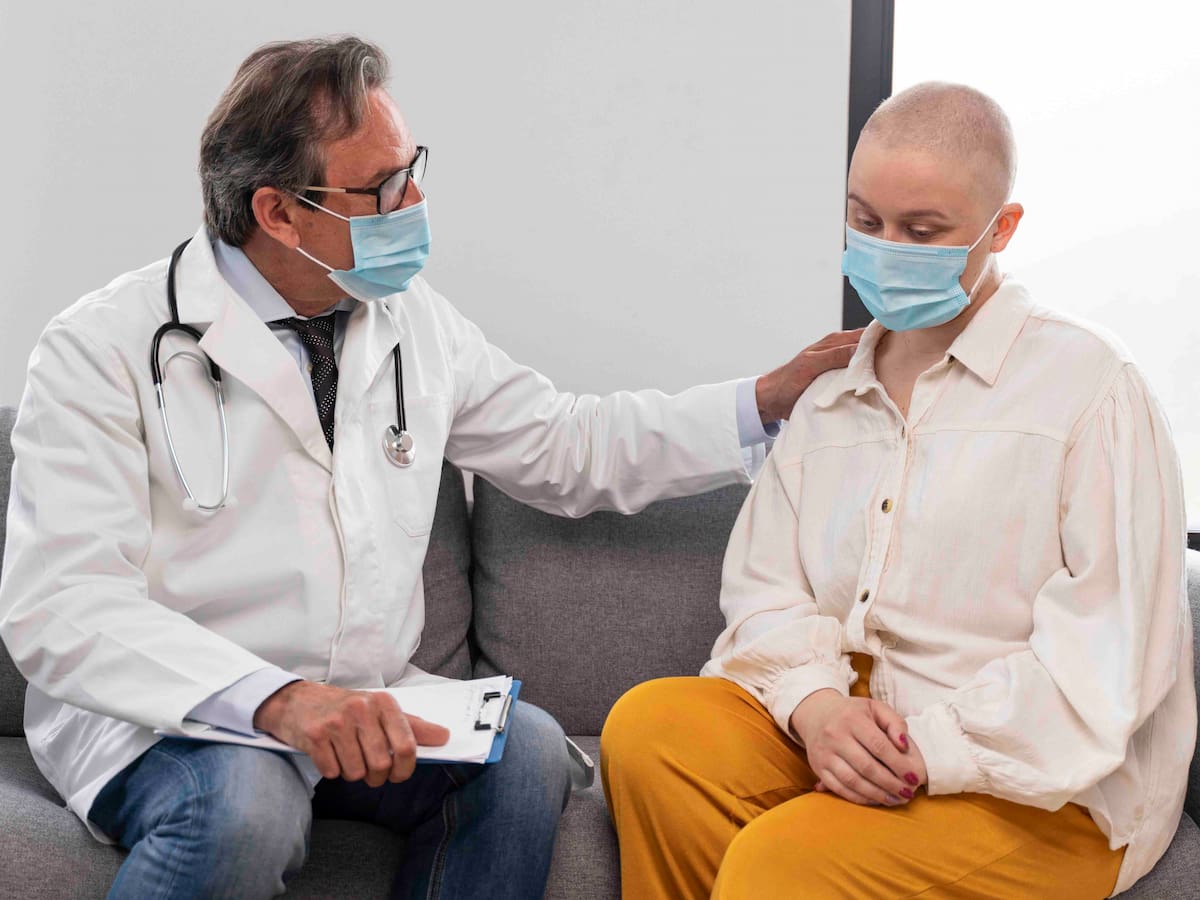
Choose AHT Aesthetic Medical Center for Hair Transplant
If you still have any questions like are hair transplants painful? or any confusion, then feel free to contact the AHT Aesthetic Medical Center, where trained staff are ready to make you feel at home. Take an appointment with some expert professionals to know it better. Visit AHT Aesthetic Medical Centre, Dubai; here, our highly experienced staff focuses on giving individual care to get the best results for your requirement of hair restoration.
At the time of consultation, our professionals examine your hair loss condition, recommend the techniques that can best suit you, and infact clear all your queries. We believe in the fact that each and every situation of the patient is different and thus make our ways flexible, aiming at offering the best experience for your journey in hair restoration.
